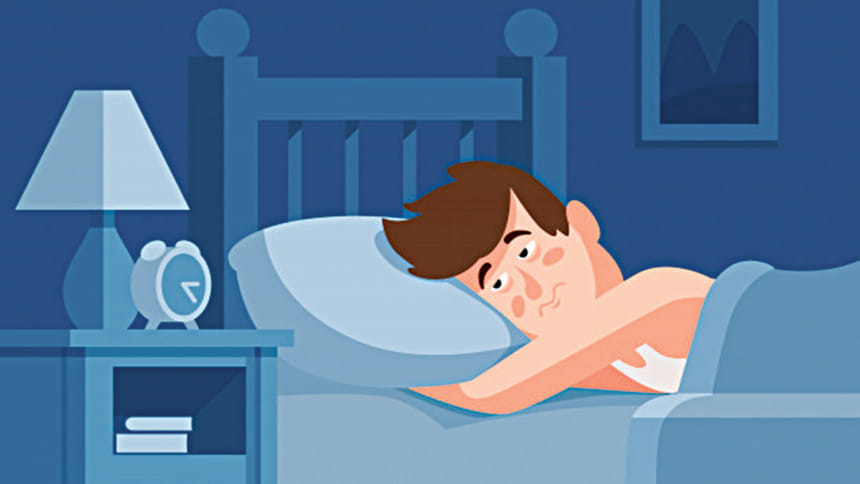Why do we sleep more in winter?

Sleeping in feels a lot better during this cold season than it does in others. Rolling out of bed in the morning and staying awake past sundown feels harder. But is there any scientific reason behind it?
As opposed to summer, winter has shorter days. The change in sleeping habits during winter is mainly due to this reduction in daylight hours which creates a great, natural opportunity to spend more time sleeping.
The shorter daytime affects our circadian rhythm. Circadian rhythm or circadian cycle is an internal process that regulates bodily activities like sleep-wake cycle or metabolism. The rhythm is influenced by outside things like light and dark or other factors.
The influence occurs when our brain receives signals based on the environment and activates certain hormones to keep us alert or make us feel sleepy.
Therefore, the colder and darker the season or the region, the sleepier you feel. According to a recent American Academy of Sleep Medicine (AASM) survey, 34 percent of US adults report sleeping more in winter.
But the question remains if we should sleep more during winter just because we feel like it.
In general, it is a good idea to accommodate one's need for sleep, scientists say.
So, if you do not have flexible work hours and need to wake up at the same time as in summer, you could go to bed early to get some extra sleep.
But if you still feel sleepy in winter mornings, exposing yourself to bright light can help you be alert and ready for the day. You can also have tea or coffee to feel awake.

 For all latest news, follow The Daily Star's Google News channel.
For all latest news, follow The Daily Star's Google News channel. 



Comments